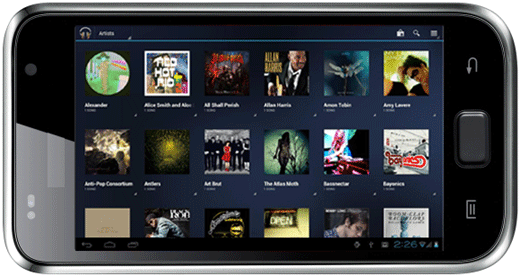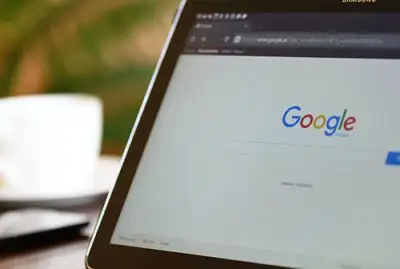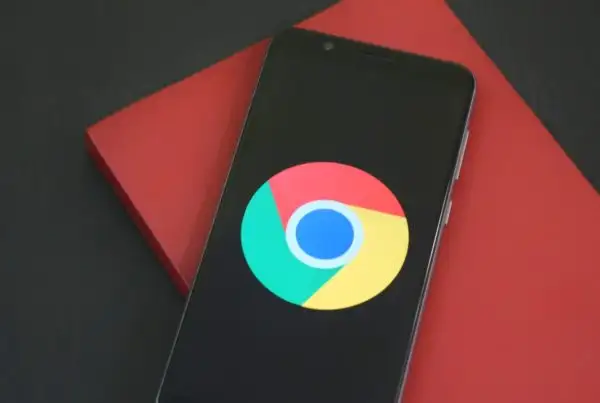On Wednesday, Google launched an update to a service called ‘Google Music’ that was previously in beta. The service is now available to everyone in the United States and will allow users to upload, purchase, store, share and listen to music in digital form from any device.
Google will synchronise the music to a Google Music library in such a way that the playlist will remain the same on all devices, be it a laptop, mobile phone or tablet. Each user will be able to store upto 20,000 songs for free, but they will have to be manually uploaded.
Music can also be purchased from a music store in the Android Market. Over 13 million tracks from the big music companies like Sony, EMI and Universal will be available to buy, in addition to tracks from several independent labels.
Google Music on an Android mobile
Individual artists who have the necessary permissions will also be able to upload their music and build their own artist page through the artist hub interface.
This service will obviously compete with Apple’s iTunes. The cost of each track on Google Music will be the same as that on iTunes, ranging between $0.69 and $1.29. However, the cloud computing service by Google will be free, whereas Apple charges $25 for it.
While Google may not generate a lot of revenue through this service, it will help them build customer loyalty to Android-based mobile phones. Once a user has purchased music from a particular service like Apple or Google, they are unlikely to switch to another device.
The service will provide some music for free everyday, and those tracks will be displayed in the music library. Amazon also offers free tracks daily, but the service is rather complicated.
Google Music has already been integrated into Google+ and that will make it more popular as it can now be shared with friends. Social aspects of Google Music could be the main driver of its success, as it could potentially out-shine popular services such as Spotify and Last.fm primarily due to its larger user base.
Reviews of the service are lukewarm. A lot of the criticism focuses on the fact that the service has been released 8 years later than iTunes. The service also requires users to upload each and every song they wish to store and can create problems when users upload old iTunes tracks that had DRM encryption.
The biggest plus points in favour of Google Music are the price – free! – and the true portability of the service – it can be played on any device, incuding iPhones and iPads.
Most industry experts, though, recognise the Google Music service for what it is – a suitable replacement for the iTunes eco-system for Android devices and a means to complete and tether the Android user experience.








